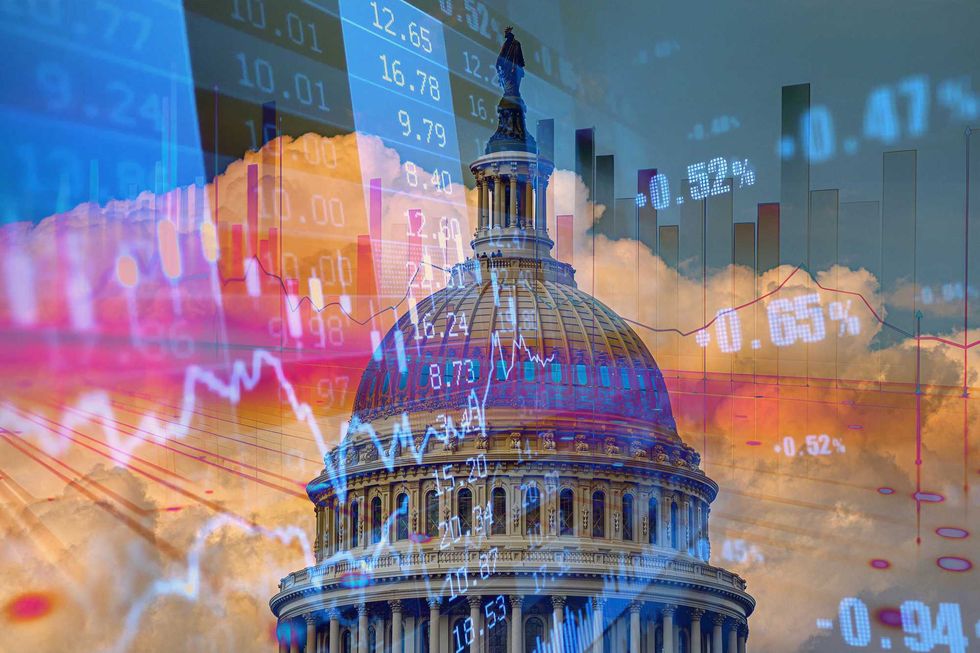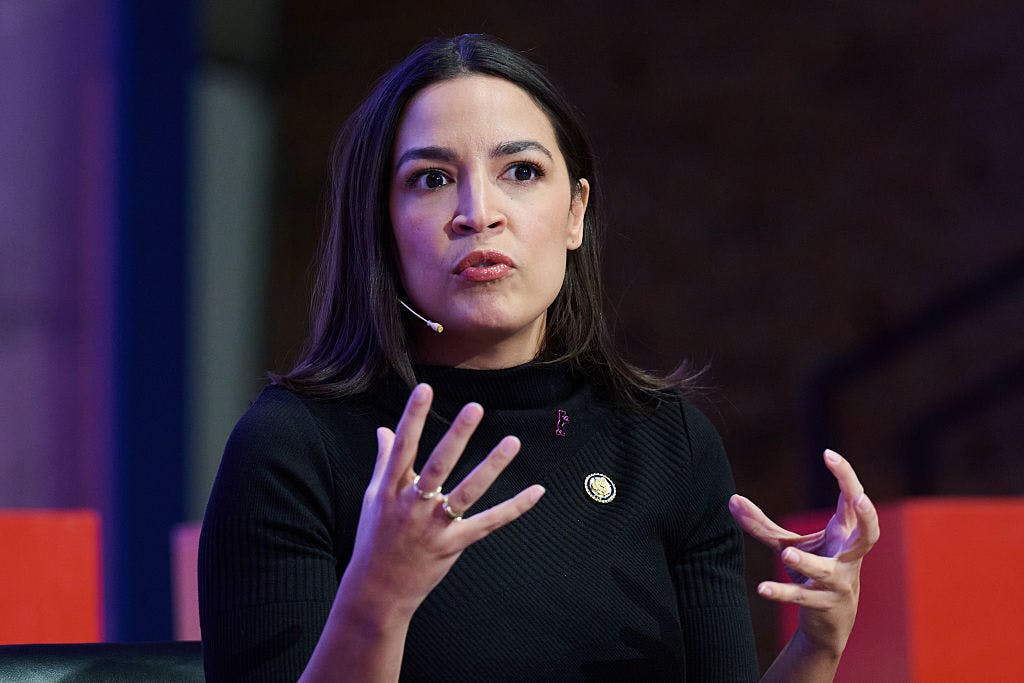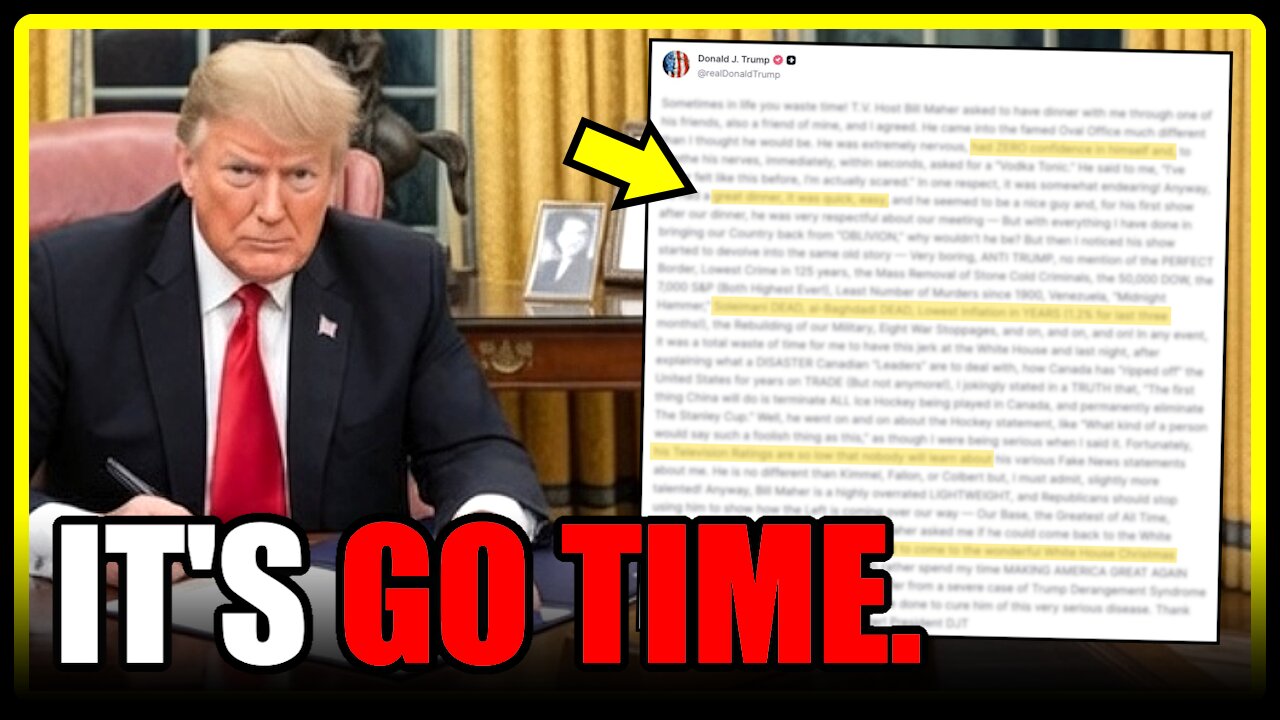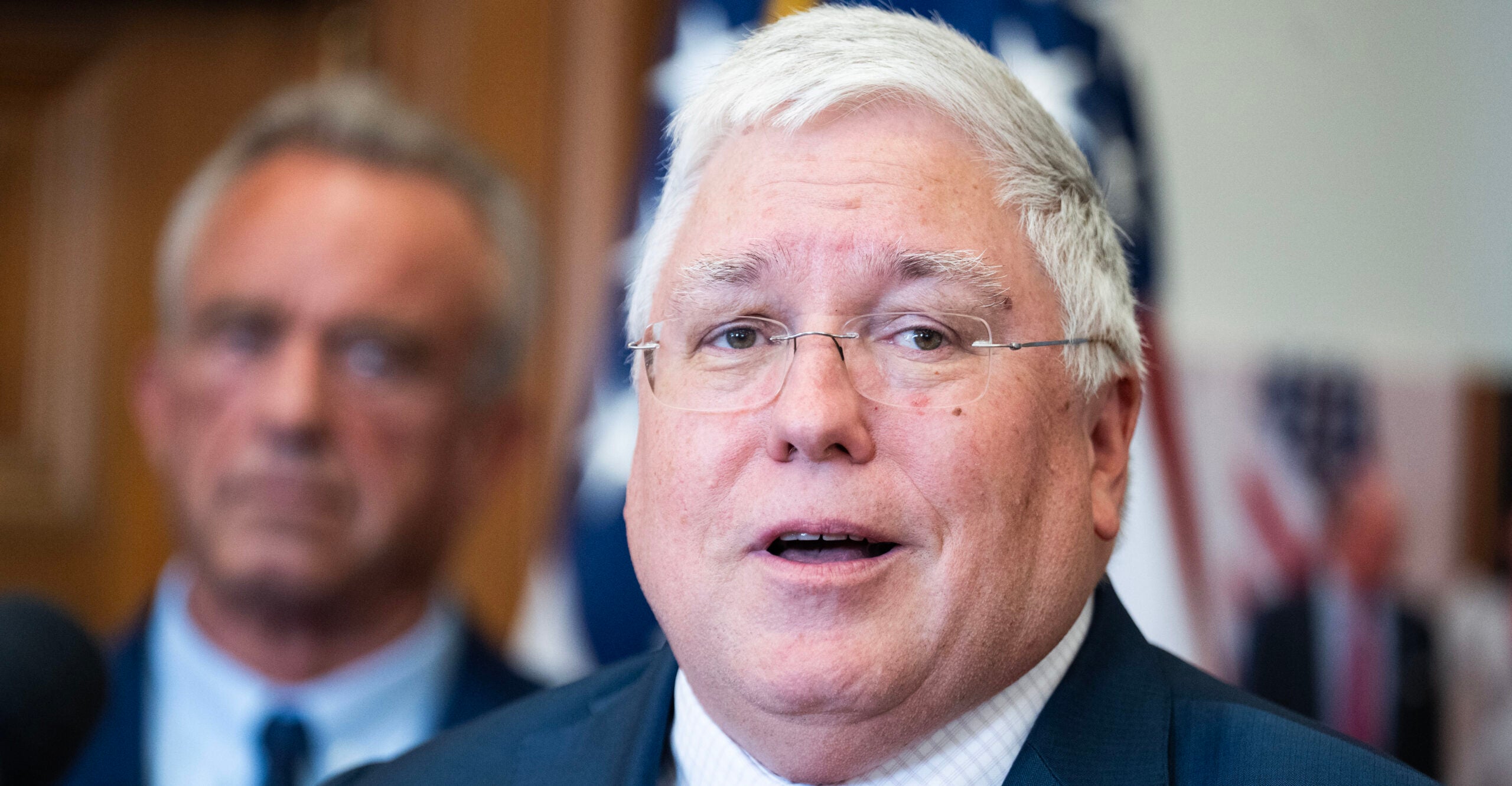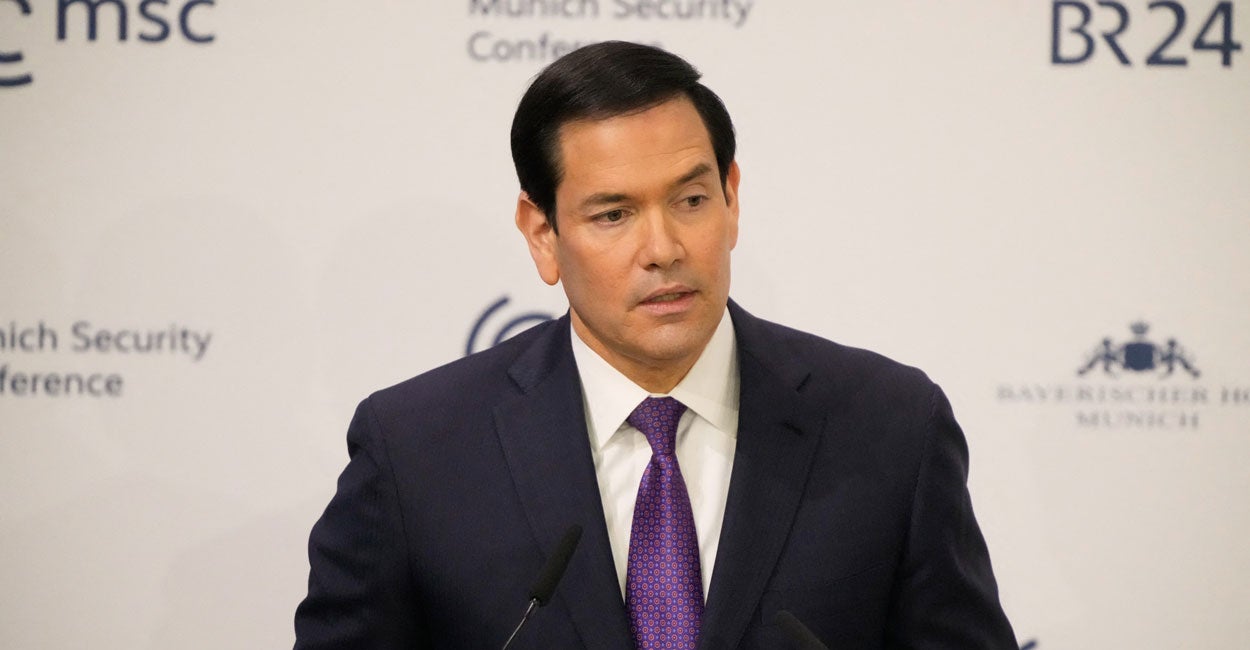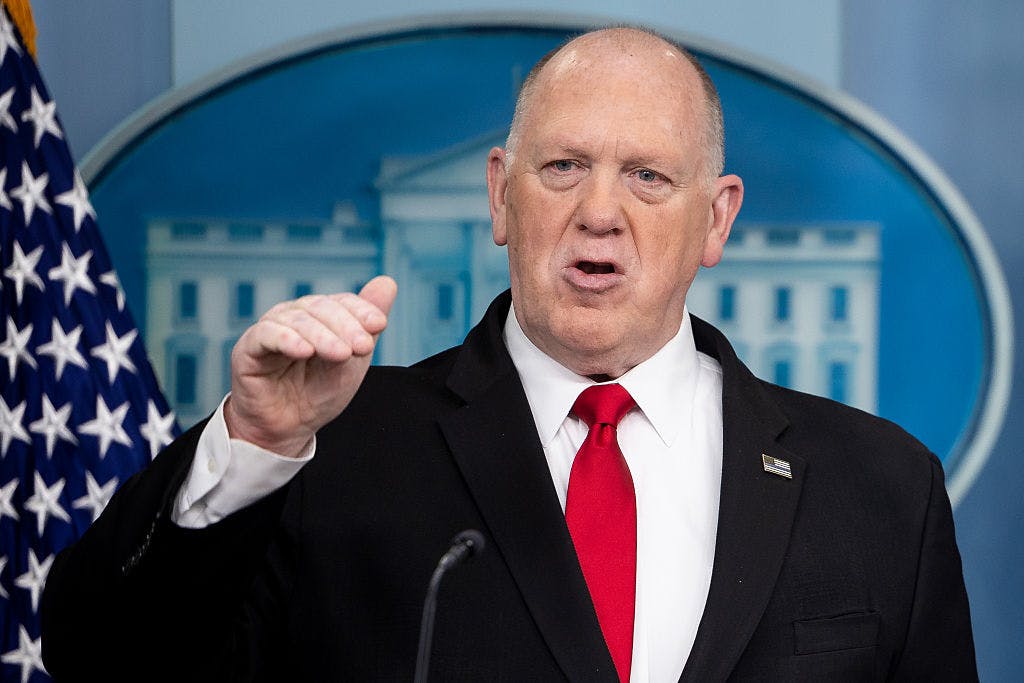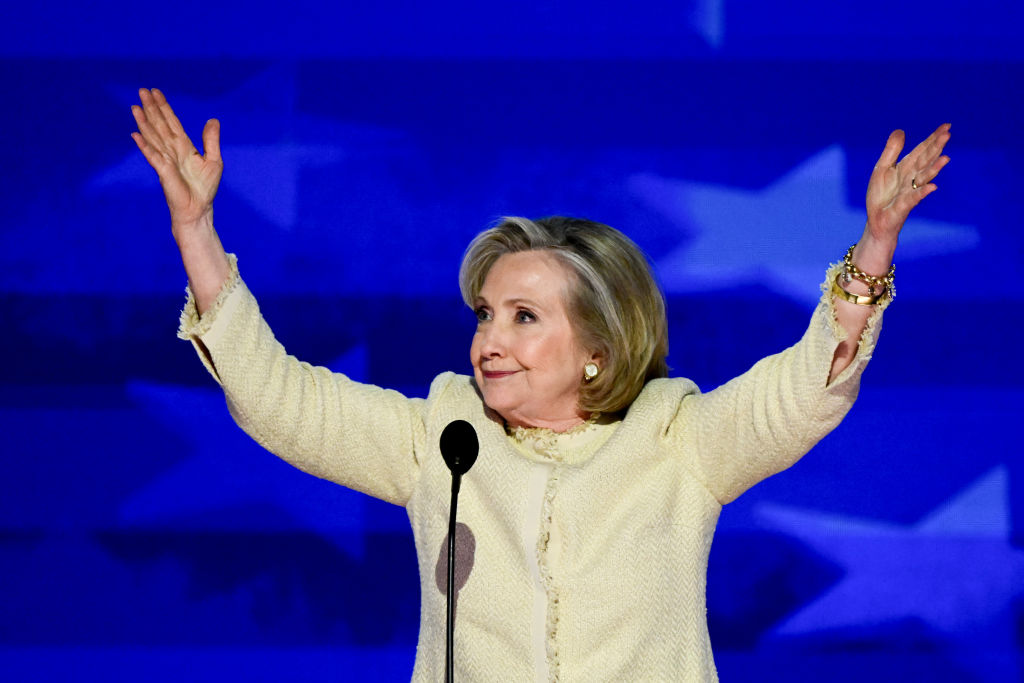The US Can Break Free From China’s Control of Rare Earth Minerals
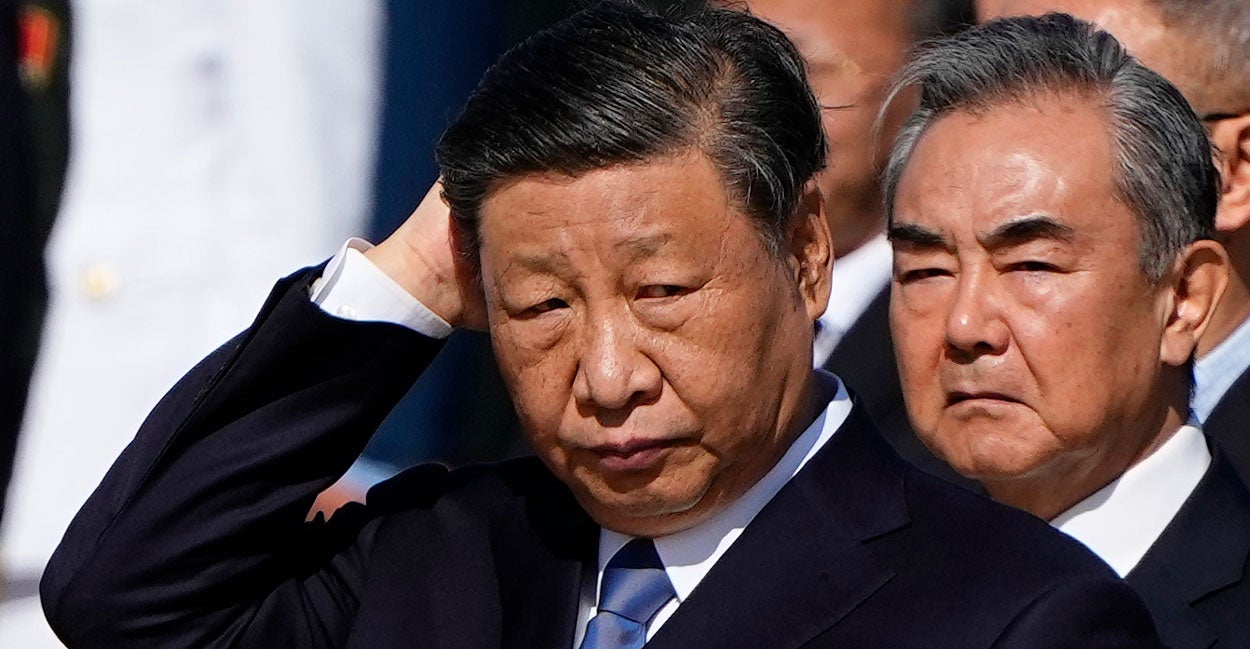
President Donald Trump has recently signaled his intent to impose an additional 100% tariff on Chinese goods due to Beijing’s sweeping restrictions on rare earth minerals. This escalation highlights that the trade conflict between these two nations is far from settled.
Live Your Best Retirement
Fun • Funds • Fitness • Freedom
At the heart of the current dispute are rare earth minerals—a crucial group of 17 elements vital to our digital economy and national security. They are indispensable in everything from electric vehicles to smartphones to fighter jets and missiles. The Chinese Communist Party has aggressively pursued dominance in this market, using substantial financial subsidies and often neglecting the significant environmental impacts associated with mining and processing. Consequently, China now commands nearly 70% of global rare earth production and processes around 90% of the world’s rare earth elements.
Despite what the name implies, most rare earth elements are not actually rare in nature. The United States once led the world in the production of rare earth minerals, utilizing both its technological capabilities and rich deposits to dominate the market. However, increasingly stringent environmental regulations raised operational and compliance costs for American mining companies. As a result, many were unable to compete with low-cost Chinese competitors and exited the sector entirely. This shift has left American businesses dependent on rare earth supplies vulnerable to the whims of the Chinese Communist Party, placing both our economy and national security in jeopardy.
After Trump’s tariff announcement early this year, China retaliated by delaying the approval of export licenses for these crucial minerals. The resulting supply shortage led some U.S. automakers to temporarily shut down select electric and hybrid vehicle production lines. This demonstrates that the China Communist Party will not hesitate to turn China’s dominance of rare earth supply chain into a formidable economic and geopolitical weapon.
In response to Trump’s earlier tariff announcement this year, China retaliated by delaying the approval of export licenses for these essential minerals. The ensuing supply shortages forced some U.S. automakers to temporarily halt production on certain electric and hybrid vehicle lines. This situation starkly demonstrates that the Chinese Communist Party is ready to leverage its dominance in the rare earth supply chain as a potent economic and geopolitical weapon.
Recognizing the critical risks of depending on an adversary for essential supplies, the Trump administration has taken decisive action to revitalize America’s domestic rare earth supply chain. In July of this year, MP Materials, a leading American rare earth mining company, announced a groundbreaking public-private partnership with the Department of War.
This strategic partnership involves a substantial $400 million investment from the Department of War in MP’s convertible preferred stock, along with a commitment to purchase each magnet produced at MP’s innovative 10x facility over the next decade. This collaboration is designed to significantly boost MP’s manufacturing capabilities, protect it from market fluctuations, and guarantee that the Department of War has a safe and dependable source of rare earth materials critical for national security. Following the government’s lead, Apple and General Motors have also entered into agreements with MP, ensuring they will receive deliveries of rare-earth magnets in the near future.
Yet, Beijing escalated tension again last week by introducing far-reaching new restrictions on rare earth minerals, including demanding foreign companies seek approval from Beijing to export specific products containing rare-earth materials sourced from China, if those materials account for 0.1% or more of the products’ total value. Additionally, products manufactured outside of China that utilize specific Chinese technologies will also be subject to the new export controls.
These restrictions are set to take effect on Dec. 1. They are so all-encompassing that Dean Ball, a senior fellow at the Foundation for American Innovation, stated on X.com that “China has crafted a policy that gives it the power to forbid any country on Earth from participating in the modern economy.”
Beijing’s recent announcement seems intended to give Chinese leader Xi Jinping more leverage in his upcoming meeting with Trump at the Asia-Pacific Economic Cooperation (APEC) meeting in South Korea. However, it appears that China may have misjudged the situation. Trump reacted by threatening to impose an additional 100% tariff on Chinese goods and hinted at the possibility of canceling his meeting with Xi.
Furthermore, China’s announcement has sparked outrage and created a renewed urgency for the U.S. to reduce its dependence on China’s control over global supply chains for rare earth. JPMorgan CEO Jamie Dimon articulated this concern, stating, “It has become painfully clear that the United States has allowed itself to become too reliant on unreliable sources of critical minerals, products, and manufacturing—all of which are essential for our national security.” In light of this situation, his bank has pledged to invest $10 billion in U.S.-based companies that are crucial for national security, including those involved in rare earth mining.
Still, to build a secure supply chain, the U.S. must implement additional measures. One important step is to streamline environmental regulations, making it easier and faster for new mining businesses to receive approval. By reducing compliance and operational costs, more entrepreneurs will be encouraged to invest in this industry. Increased competition will foster innovation and lead to lower prices, prompting companies to shift from Chinese suppliers to American ones.
By utilizing its abundant domestic rare earth mineral deposits and adopting comprehensive strategic initiatives, the U.S. can quickly and effectively reduce its reliance on China’s rare earth supply chain, thereby protecting our economic and technological future.
We publish a variety of perspectives. Nothing written here is to be construed as representing the views of The Daily Signal.
The post The US Can Break Free From China’s Control of Rare Earth Minerals appeared first on The Daily Signal.
Originally Published at Daily Wire, Daily Signal, or The Blaze
What's Your Reaction?
 Like
0
Like
0
 Dislike
0
Dislike
0
 Love
0
Love
0
 Funny
0
Funny
0
 Angry
0
Angry
0
 Sad
0
Sad
0
 Wow
0
Wow
0


